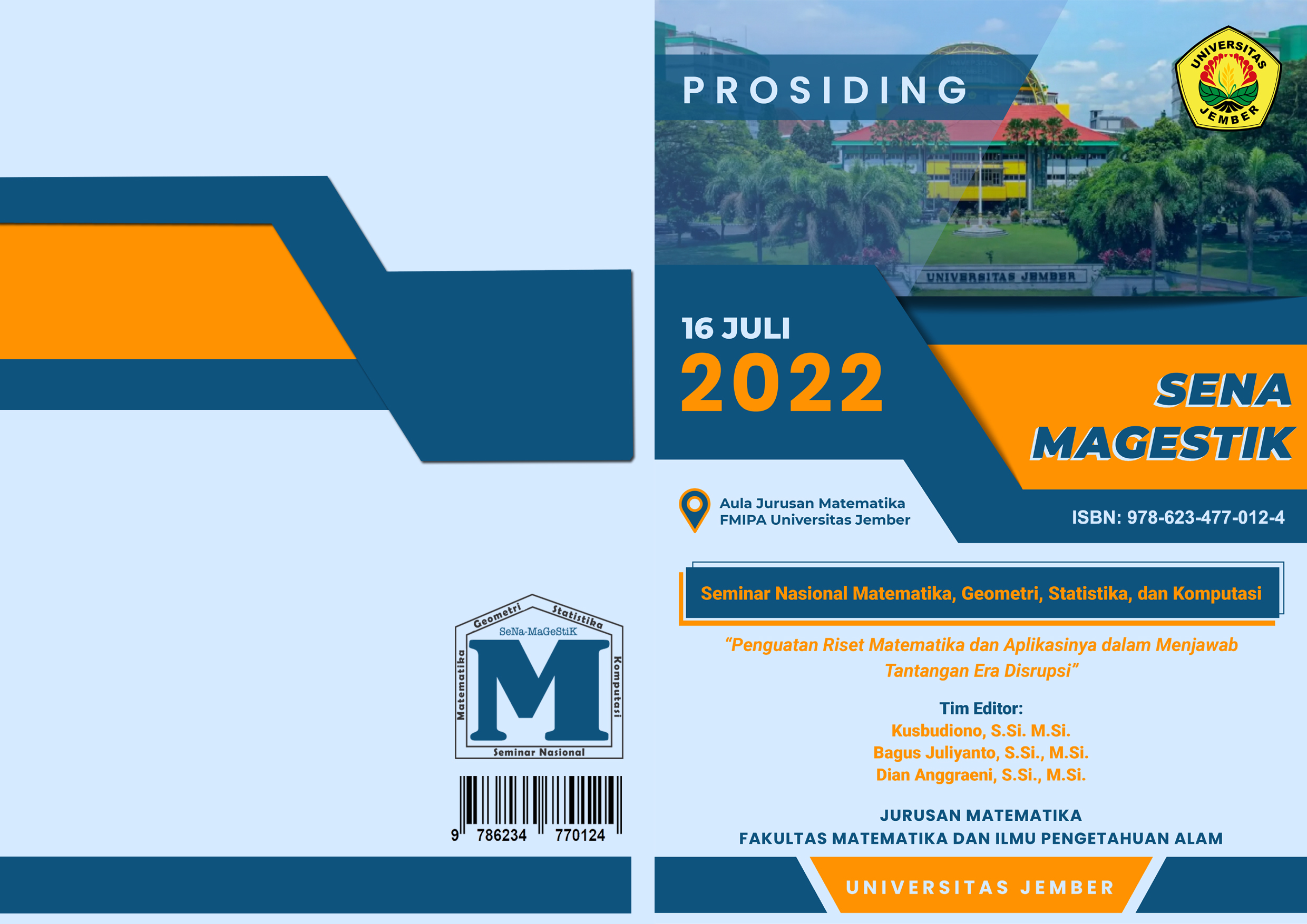ADMINISTRASI TES PRESTASI DENGAN MODEL COMPUTERIZED ADAPTIVE TESTING (CAT) DAN DENGAN DIBATASI WAKTU RESPONSE BUTIR SOAL
(Administration of Achievement Tests with Computerized Adaptive Testing (CAT) Model and Limited Response Time for Questions)
Abstract
Assessment models that ignore the ability of individual variations to cause the information received will not be optimal. The computerized adaptive testing (CAT) model can overcome this weakness because the items that appear with the difficulty level will adjust to the test taker's ability. This study aimed to analyze the effectiveness, efficiency, and accuracy of the CAT model when used as an assessment model in school achievement tests. The research methodology is comparative quantitative. This study uses population data from the answers of students who took part in the UNBK in the province of the Special Capital Region (DKI) Jakarta in 2019 with mathematics as a subject. The results of this study show that the number of items selected by the CAT model is less than the CBT model, and the things adjust to the level of ability of the traveler, have a small measurement error value, and are almost the same as the CBT model. Therefore, the CAT model is more efficient in terms of time because the number of questions is less than the CBT model. It is more effective because it adapts to the participants' abilities and has the same accuracy as the CBT model.
Keywords: Adaptive model, Computer, Computerized adaptive testing, Computer-based test, Evaluation, Item response theory.


